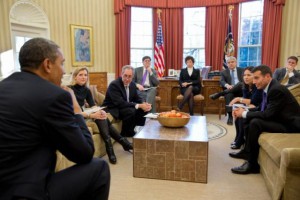 Since the end of the Second World War U.S. strategy pursued assiduously total commitment in solving international problems. In an effort to protect American security and prosperity promoted along and across the globe liberal economic order, depturile and human freedoms and established military agreements with partners in Europe, East Asia and Middle East. U.S. military bases are spread across the globe, American naval vessels keep important navigation routes and tens of thousands of U.S. military protects from Germany to South Korea and Japan. Although details of U.S. foreign policy have qualified for a president to another 60 years each fundamental decision that the U.S. has agreed to remain involved in international relations, although the reasons for this involvement has changed over time.
Since the end of the Second World War U.S. strategy pursued assiduously total commitment in solving international problems. In an effort to protect American security and prosperity promoted along and across the globe liberal economic order, depturile and human freedoms and established military agreements with partners in Europe, East Asia and Middle East. U.S. military bases are spread across the globe, American naval vessels keep important navigation routes and tens of thousands of U.S. military protects from Germany to South Korea and Japan. Although details of U.S. foreign policy have qualified for a president to another 60 years each fundamental decision that the U.S. has agreed to remain involved in international relations, although the reasons for this involvement has changed over time.
The Cold War U.S. security commitments in Eastern Europe, Asia and the Middle East have reduced Soviet influence in the region and helped to establish a enhanced international order. U.S. presence in different regions decreases hot military competition and maintain a competitive free economy ensuring cooperation in combating global threats. America will abandon this strategy? Now more than ever it seems that Washington is tempted to take a step back.
economic and military rise of China, global economic and financial system grinds U.S. military budget cuts and the two long wars in Iraq and Afghanistan have drained public etuziasmului in participating integral to solving international problems, particularly military involvement. For now everything is in debate tink-tanks and U.S. universities and opinions are divided. Changing American strategy will allow particular benefits in saving human lives and resources in reducing possible security vacuum if accelerated withdrawal, while leaving the Allies place to restructure the armed forces after their own desires and capabilities.
So after a decade in the future, lowering American military presence Allies could develop a machine political, military and diplomatic designed to ensure control in their political affairs in different areas of the globe (currently we have the example of the conflict in Libya and Mali).
What will the Allies? Everything for Washington to keep its current strategy. However the current situation will be reversed at some point the new strategy that Washington tried to implement today will sit comfortably in a history book. But if the current crisis continues, the change will be abrupt and unpredictable The consequences internationally. Doctrine Petreus Powell Doctrine melts (both from the lessons of Vietnam) and the merger of the two will build a new Pentagon concept for the coming decade.
Remembering the year 2012 will see three areas of the world affected by events: the euro zone sovereign debt instability them financially and affecting countries like Greece, Italy or Spain where Spring Middle East Arabic paved the way for Islamists to power in Egypt and a Pandora’s box in Syria where collateral damage is in the tens of thousands after a devastating civil war, the Asia-Pacific with its nationalist strains defined ten years of outstanding growth without plolitice tensions. What will happen in 2013 and what will be possible response of the Obama administration? One thing is certain will be present crisis in Europe and countries with large structural deficits will margin on austerity programs to reduce and align their tax policies on real economic capabilities. What will make the difference this year will be the first stage appearance of France with Greece and Spain which will raise a fundamental issue for Germany other dark thread in tandem half leads EU. Difficulties will be put on governments, banks and regional institutions. The Middle East will remain a revolutionary phase transition in Egypt in the spotlight which society is divided and confused government with the majority rule democracy. Bashar al-Assad’s government to leave by the end and the transition will be extremely difficult, civil war and ethnic fractures ultimately leading to fratricidal struggles. The Arab Spring is not over in the Middle East. Frictions in Asia-Pacific are not far from completion.
possibility of a military incident involving China and one of the neighbors Japan, Vietnam and Philippines can not be ignored and it remains to see if diplomacy can lead to a happy ending final < / em>. New leaders of China, Japan, South Korea and North Korea will make Vitoria and uncertain.
Besides all these cases one is by far the most important Iranian nuclear dossier. Iran can produce nuclear weapons and sacţiunile imposed although substantially weakened economy have not stopped Iran’s nuclear program. 2013 will be the year when we will know if a military intervention is necessary or diplomatic sanctions failed. U.S. remains the largest economic and military power of the world question that arises is whether the new administration can deal with situations so-called Black Swan (events with low probability of occurrence but with devastating impact on the timing of decisions) that it will divert the foreign policy set for the next four years.
recent year 2012 has been to re-audit the halls of the State Department an old expression used during the second World War, mainly due to sudden events: keep calm and carry on (stay calm and do your job on). One thing is certain global developments will depend on the U.S. and how they will manage internal problems. U.S. President Barack Obama has called national security team nominating the former Republican senator Chuck Hagel, military veteran who fought in Vietnam, as secretary of defense and counterterrorism adviser John Brennan, a veteran of the agency, as head of the CIA. What is new in the new Obama administration officials? Chuck Hagel, the new secretary of defense, former Republican senator (represented Nebraska in the period 1997-2009) served as Chairman of the Board for information the White House and President of the Atlantic Council, NATO’s main think tank. He is a member of the Board of Directors of Chevron company.
Hagel fought in Vietnam and was decorated several times. Is considered a Republican Dwight Eisenhower following his line. Frontline experience with Chuck Hagel is “old school” (old school) is in essence a “realistic” cautious against any interventionism, which involves the use of military force abroad, beyond the strict protection of vital national interests. Hagel’s election to Pentagon is related to the appointment of John Kerry the top U.S. diplomat. Hagel has worked very well with Kerry. The two politicians published an editorial in The Wall Street Journal, in 2008, showing that participated in negotiations between Syria and Israel on the Golan Heights. Future key two people were pronounced when U.S. foreign policy dialogue and not confrontation with Syria. Criticism of former President George W. Bush’s strategy in Iraq and opposition to economic sanctions imposed on Iran Hagel made the target of harsh attacks Republicans who accuse him of a lack of commitment to Israel. Important support for Hagel, which may suggest the future direction of American foreign policy came from generals and security advisers did band together around Admiral William Fallon, in 2008.
was a “revolt” against former President Bush dismissed fruntrea Fallon of U.S. troops in the Middle East and Central Asia, as a result of remarks made in an interview. Fallon was the exponent strategy cooperation with Russia in this area and opposed tougher policy towards Iran. He was replaced by David Petraeus. People around Fallon returned to his administration. It is Zbigniew Brzezinski, Brent Scowcroft and James L. Jones. All Kerry-Hagel support team. The third important appointment was announced by Obama that of John Brennan to head the CIA. Brennan terrorism adviser of the President. He is the man responsible for compiling the list of jihadis to be killed by American drones. Has a 25-year career in the CIA and was Chief of Staff of the manager, then director of the National Center for counterterrorism. It advocates a tough line, now the task of forming hundreds of agents Pentagon intended to gather information from around the world, according to the Obama administration’s new strategy.
CIA reântoarce fundamental role of intelligence necessary to preserve U.S. national security. Nominations for positions of leadership in the Pentagon and CIA are a validation specialist committees of the U.S. Senate, a procedure that is not just a formality. The fact is that Barack Obama currently provides driving homogeneous structure in which John Kerry, Hagel and Biden will Brennan with a vision a reality external politcă favoring multinational alliances, information and surgical operations, while War remains where it should otherwise remain – an exceptional option of force majeure. Today January 20, 2013 President Obama was sworn into the White House Blue Saloon on Abraham Lincoln’s bible. From now began the second term of Obama administratively.

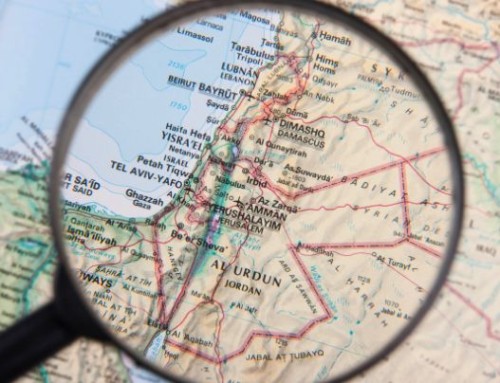
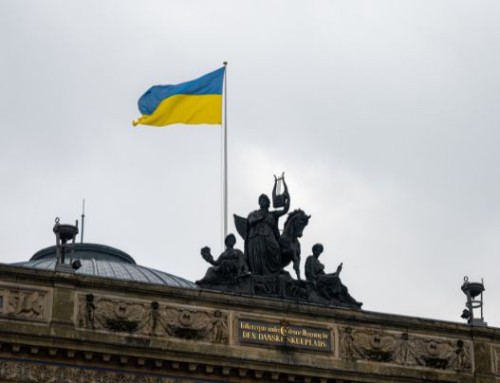
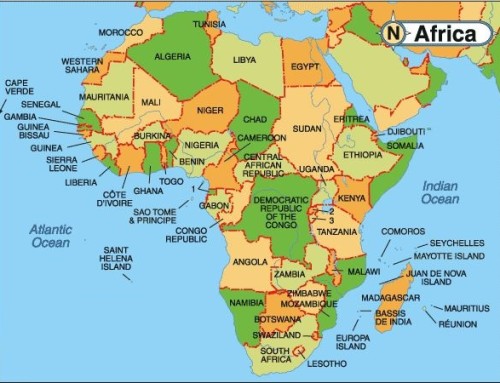
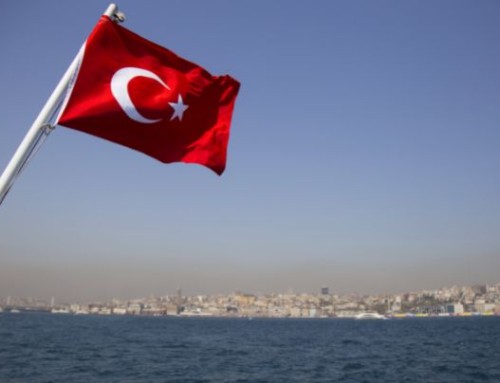
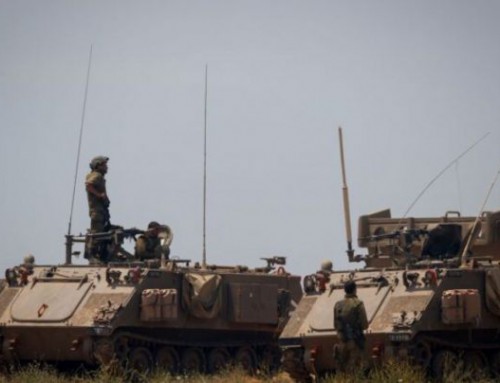
Leave A Comment